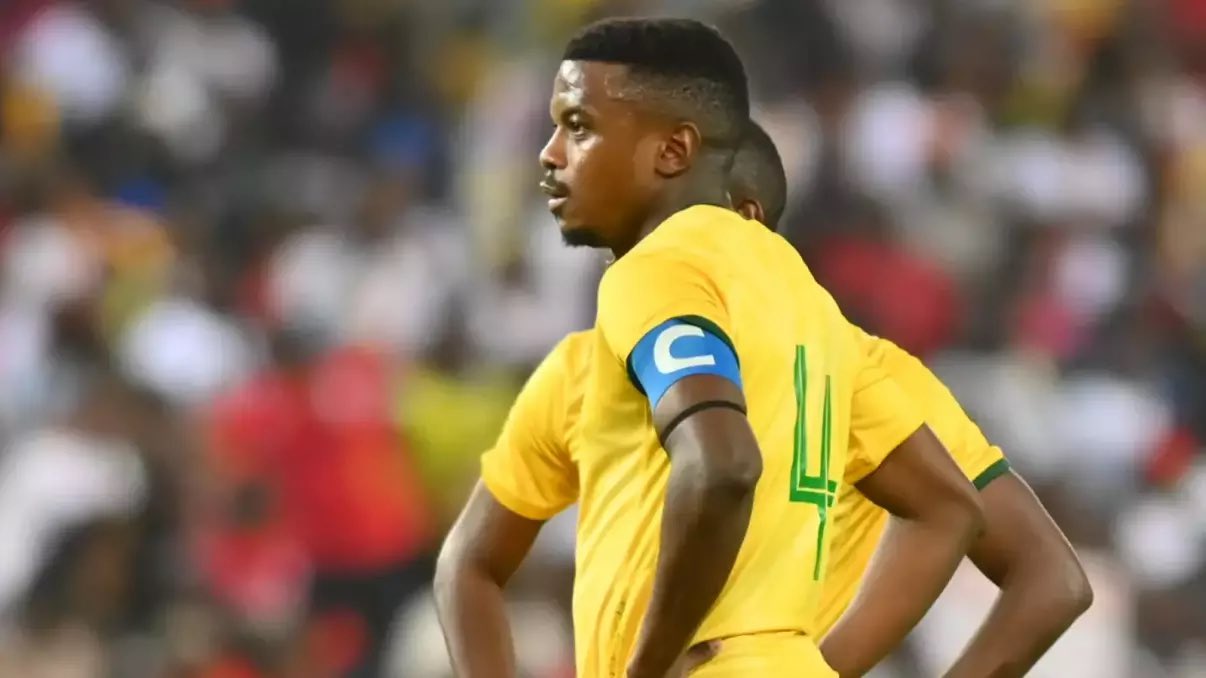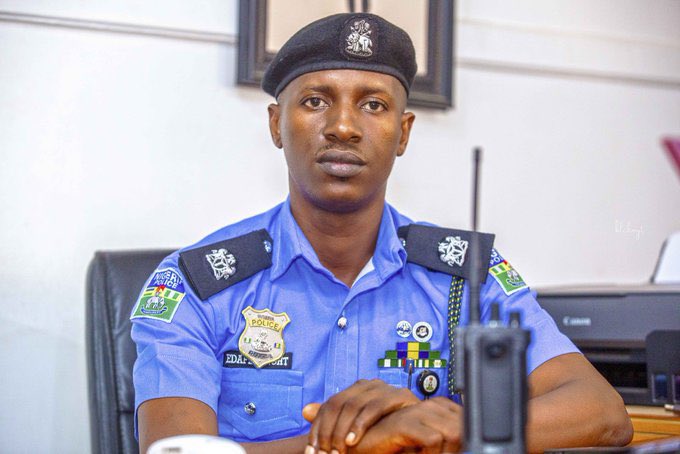

The latest FIFA World Cup qualifiers in Africa have taken a dramatic turn as the world football governing body FIFA launches an investigation into the South African Football Association (SAFA) for allegedly fielding an ineligible player in their 2-0 victory over Lesotho on March 21, 2025.
At the heart of the controversy is Teboho Mokoena, South Africa’s influential midfielder, who is believed to have been suspended after accumulating yellow cards in earlier qualifiers. Despite this, he featured in the crucial Group C clash, raising questions about administrative oversight and compliance with FIFA’s strict eligibility rules.
If found guilty, South Africa could be hit with the harshest possible penalty — the forfeiture of the match and the award of a 3-0 victory to Lesotho. Such a decision would shake up the Group C table and breathe new life into Nigeria’s Super Eagles, who have been struggling to close the gap in the qualification race.
South Africa’s Group C Lead Under Threat
As things stand, South Africa top Group C with 17 points, while Nigeria trail in second place with 11 points. The six-point gap has made qualification difficult for the Super Eagles, who recently slipped to 45th in the latest FIFA World Rankings, their lowest position in years.
However, if South Africa’s win over Lesotho is overturned, their lead would shrink, giving Nigeria a realistic path back into contention. The mathematics of qualification could change overnight, turning what seemed like a fading campaign into a possible redemption story.
A History of Administrative Missteps
This is not the first time SAFA has faced controversy in FIFA competitions. In 2021, the South African federation lodged an appeal over a disputed penalty in a World Cup qualifier loss to Ghana, claiming the referee’s decision was biased. FIFA, however, dismissed the appeal on procedural grounds, citing weak evidence and errors in filing.
The latest case suggests a troubling pattern of administrative lapses within SAFA, where either negligence or poor record-keeping has repeatedly undermined the national team’s hard work on the pitch. Critics argue that South Africa’s football leadership risks tarnishing the team’s reputation through such costly oversights.
Precedents: FIFA’s Strict Enforcement
FIFA’s disciplinary rules leave little room for ambiguity when it comes to fielding ineligible players. The governing body has consistently applied sanctions in recent years to uphold fairness and integrity in international football.
Earlier in 2025, Equatorial Guinea saw two of its World Cup qualifier victories overturned after players who should have been suspended were allowed to participate. The punishment — automatic 3-0 defeats — dramatically reshaped the qualification race in their group.
Given these precedents, football analysts believe South Africa faces an uphill battle in defending itself before FIFA’s disciplinary committee. “This is not a gray area. FIFA has been clear: play an ineligible player, and you lose the match. SAFA must provide overwhelming evidence if they hope to escape punishment,” said African football analyst Chika Okafor.
Nigerian Fans See a Glimmer of Hope
The news of FIFA’s investigation has spread rapidly across Nigerian social media, with fans of the Super Eagles expressing a mix of cautious optimism and frustration.
“Imagine if we get back into the World Cup race because SAFA couldn’t do their paperwork properly,” one fan wrote on X (formerly Twitter). Another added, “We shouldn’t be relying on South Africa’s mistakes — the Super Eagles need to win their own games.”
Indeed, while a potential points deduction for South Africa could open the door, Nigeria must still win their remaining matches convincingly to secure qualification.
Beyond the rivalry between Nigeria and South Africa, this episode highlights deeper issues in African football governance. Administrative blunders, corruption allegations, and lack of professionalism have long plagued the continent’s football federations.
A 2022 CAF governance audit found that nearly 60% of African federations failed to fully comply with FIFA’s transparency standards, often struggling with record-keeping, financial management, and adherence to international regulations.
South Africa, despite its reputation as one of Africa’s better-organized football nations, is now at risk of joining the list of federations embarrassed on the global stage.
What Happens Next?
FIFA has given SAFA until September 21, 2025, to respond formally to the allegations. If the disciplinary committee rules against South Africa, the Group C standings will be updated immediately, with Lesotho awarded a 3-0 victory.
Such a decision would slash South Africa’s advantage at the top of the table, setting up a tense finish to the qualifiers. For Nigeria, it could be the lifeline they desperately need after months of inconsistency and poor form.
Still, football experts caution against overreliance on external outcomes. “The Super Eagles can’t depend on FIFA’s courtroom battles. They must get their act together on the pitch, otherwise even if South Africa slips, another team might take advantage,” said sports journalist Bode George.
The FIFA investigation into South Africa’s use of Teboho Mokoena has injected fresh drama into the African qualifiers for the 2026 FIFA World Cup. With the possibility of a forfeit looming, Nigeria’s Super Eagles may find themselves back in contention — but only if they seize the opportunity and deliver results where it matters most: on the pitch.
As African fans await FIFA’s ruling, one thing is certain: the outcome could redefine the balance of power in Group C and alter the destiny of two of the continent’s football giants.


